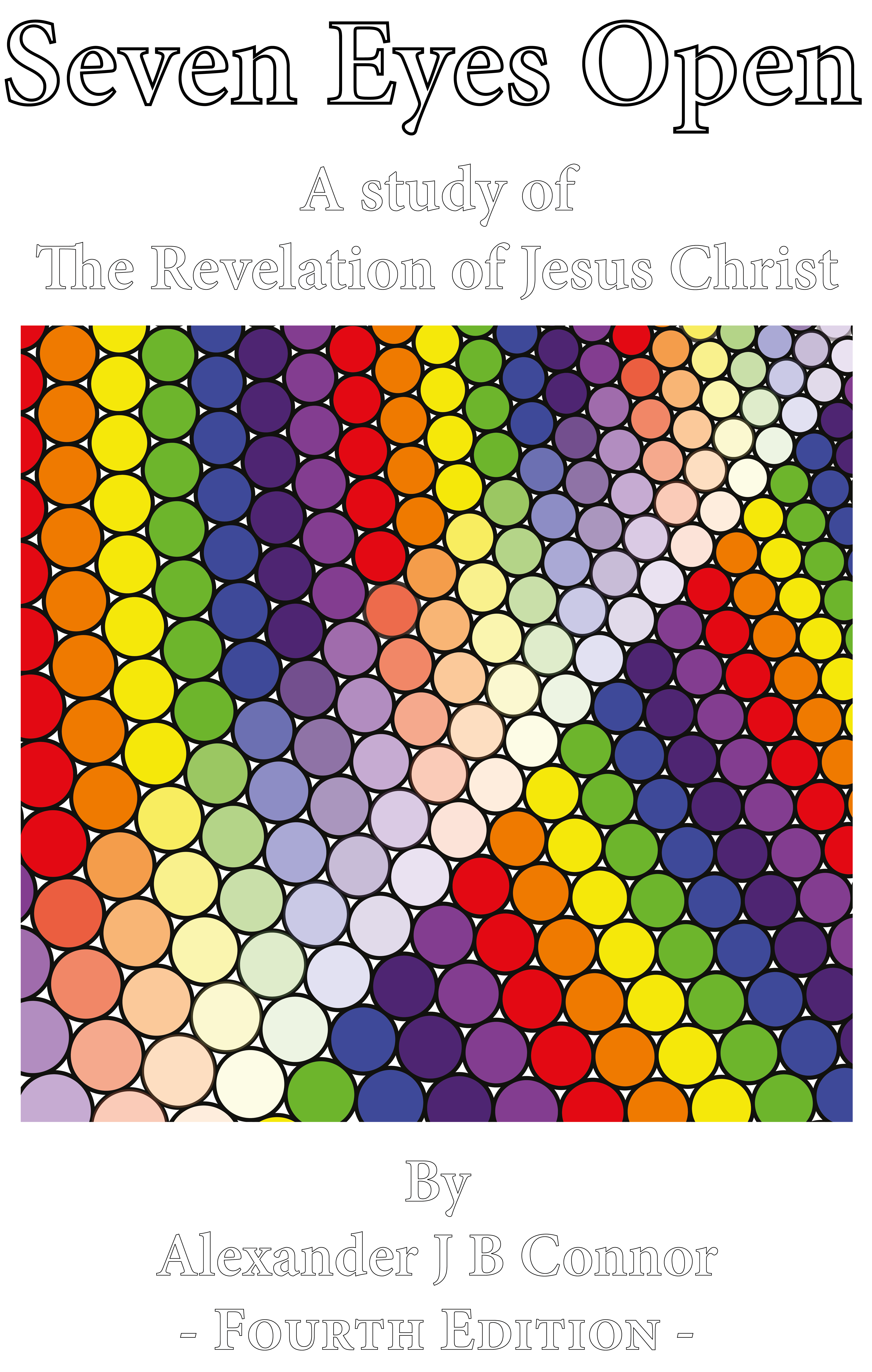  |
|
Metaphysics
|
Gödel's Axioms Are Consistent Gödel's axioms, and more specifically his definition of an "Essence" do not predicate the essence itself, yet Scott's axioms include the essence in a conjunct, predicated. Gödel's axioms have been demonstrated to be inconsistent and this has been verified by a computer. There is absolutely no question over whether the computer's logic is correct, it is. However, computers are as smart as their programmers (very smart concerning the above) and it is by sheer brute force (of faith and some mental effort) that I believe there to be an argument in the model I have described (as of Revelation's content) that shows that God, has Himself verified His name perfect and consistent in His creation by sending the least to example that name by modal collapse in circuit. Whilst Scott's axioms also lead to modal collapse, this is found no problem for the God of the Trinity model; it is highly beneficial! What is required to be shown is that Gödel's (original) axioms and definition of an essence are consistent: and I believe I have found just such an argument (one logical not scriptural), one of which I may only state that I hope to be able to publish it in another (second title) book before too long. (The previous section on the empty essence was redacted due to its incorrect approach that led to a very good idea! An idea I may be confident has not yet been published, and just as I had affirmed in "Seven Eyes Open", I prefer to "hold it firmly" as for now, for release in that printed form and by that method alone.) Once that second book is published (I hope) I will happily circulate the proof/argument through the site; but as I am aware that to publish in a journal under absolute scrutiny is a privelege usually reserved for academia; I will wait for a similar opportunity as I had with "Seven Eyes Open" i.e., in printed form. If it was a good enough method for publishing Gödel's ontological argument it is a good enough method for me. What can I say for now? Merely that I include the "axiom of virtue" as in the book "Seven Eyes Open" and through an argument as of my construction I show that there is at least one individual to whom the Empty Essence cannot apply.Who is it? It is you! (I surely hope.) God has some controversy to manage Himself on this, but I believe that people have essences and God also. That stated, a proof written by a living soul in an example made for all, a soul which cannot ever be an "empty" essence is enough; if it proves the empty essence lemma has not been applied in creation itself, or to any living thing. Belief in a "soul" is as rational as a belief in God. The leftovers are not beneficial at all. So, concerning the page title above, I say "Be patient!" as I am no great writer. I am no academic either yet I am happy with the argument itself as I have it, but not on its presentation as yet. It deserves more work but not much more effort. So, did I outsmart the computer? No. Did I outsmart the programmers? Also, no. Did I start with Gödel's original axioms? Actually that is debatable, but I only included the axiom of virtue; the logical framework within which the model holds may indeed predicate the essence, but the being with NE within the framework needn't be so predicated with it as by Scott's conjunct. The computer is not wrong; God is not wrong. I only have to point out the weakness in the original argument; that positive predicates are assumed "morally aesthetic independent of the accidental nature of the world" and consequently that all essences are equivalent. It turns out Gödel's axioms are most certainly correct along with the axiom of virtue, but those two prior assumptions are wrong. Absolutely wrong.
|



